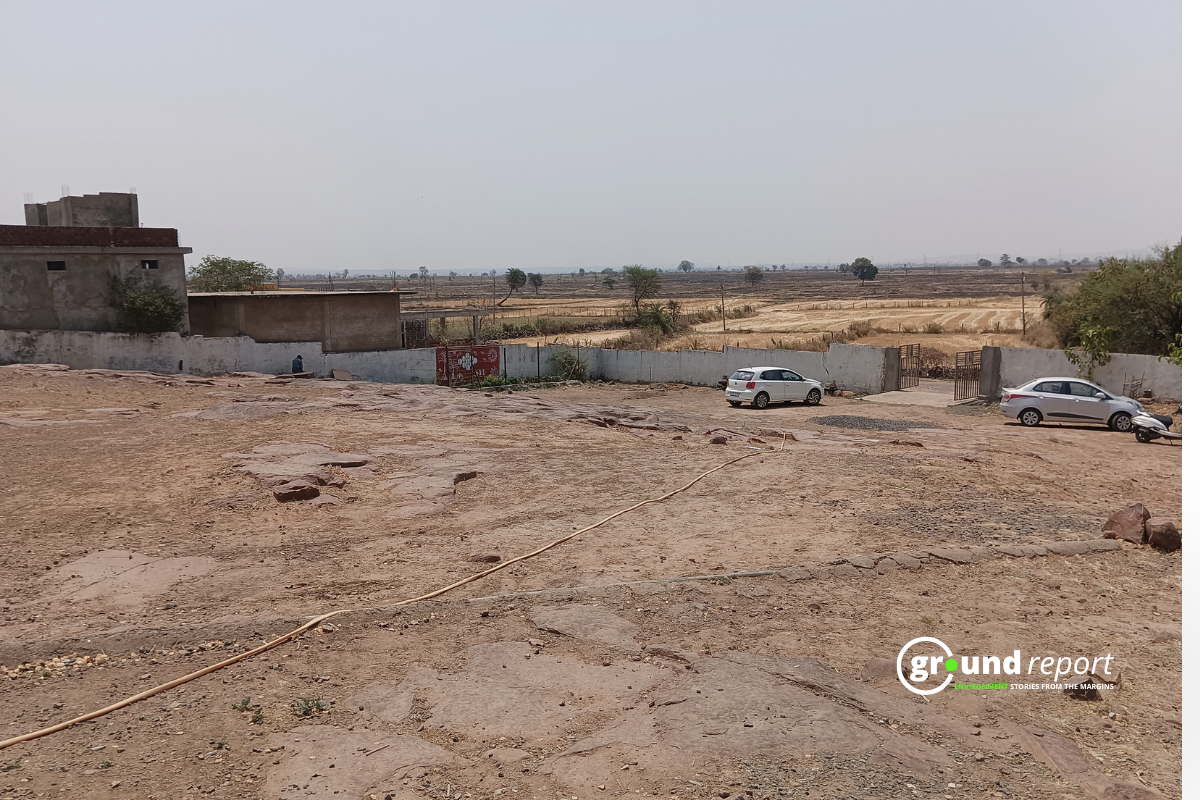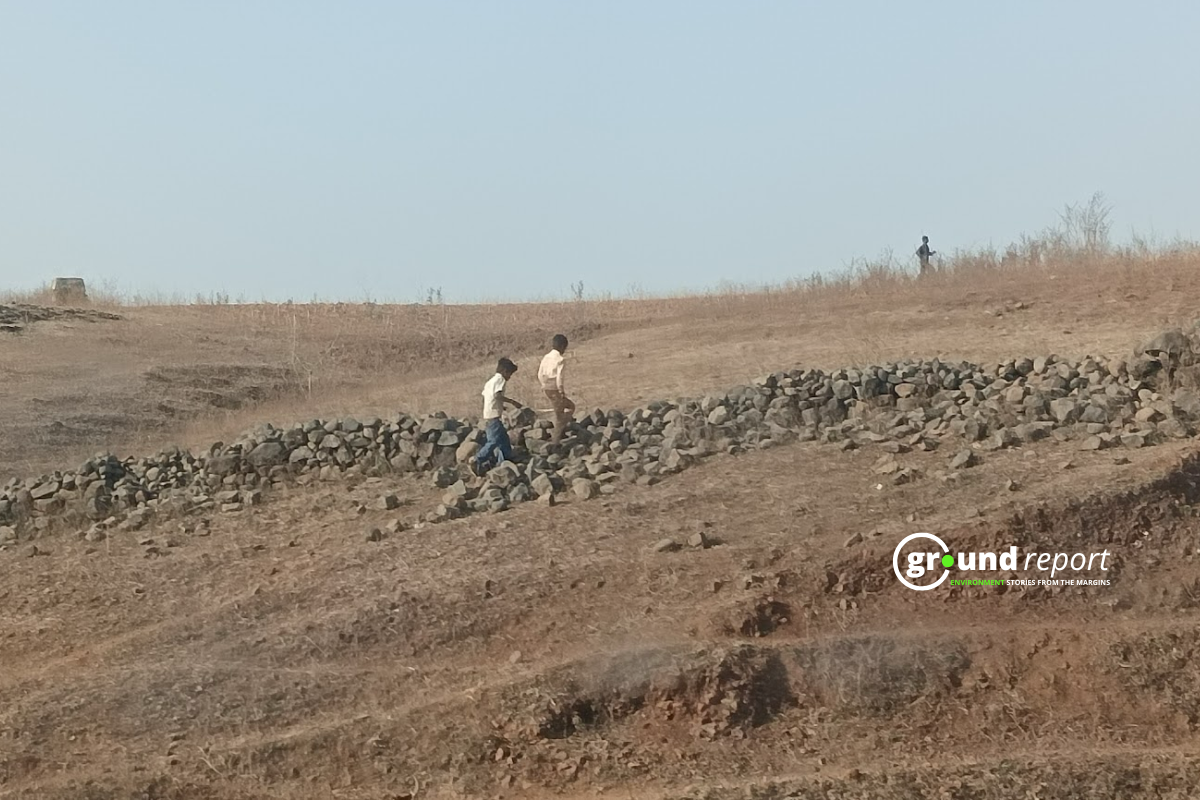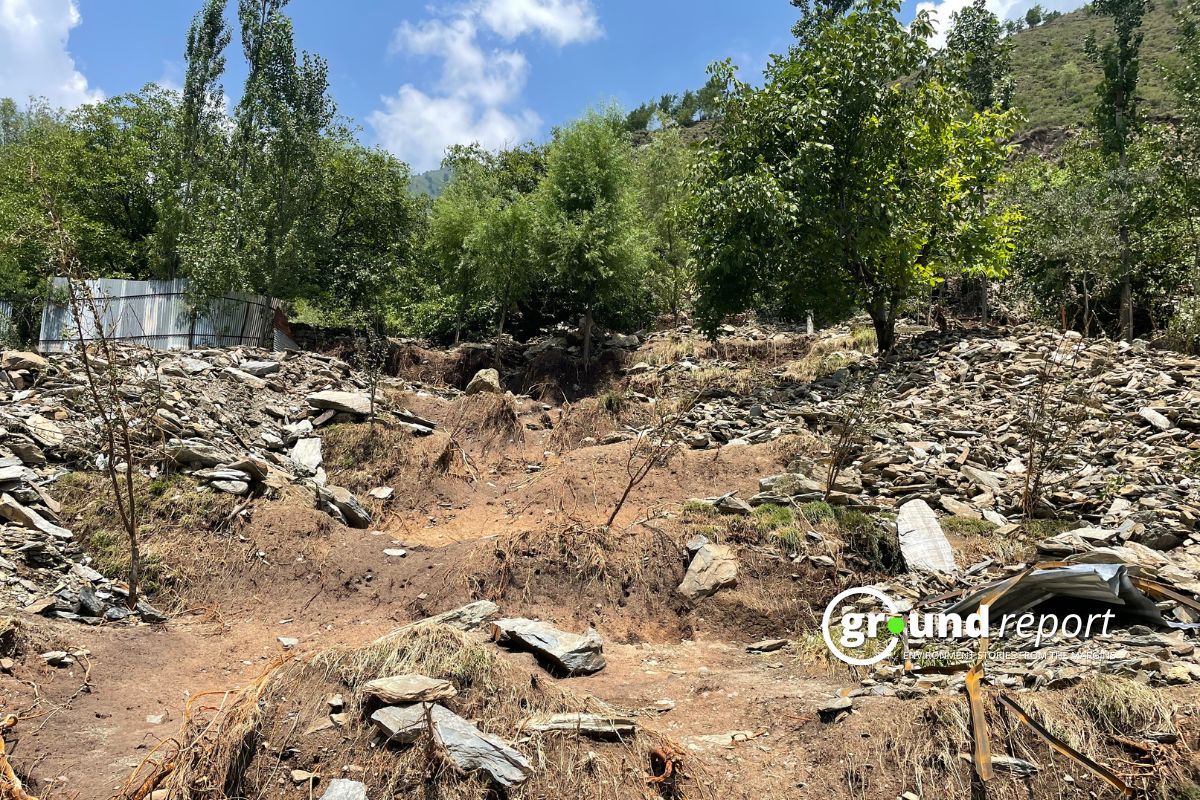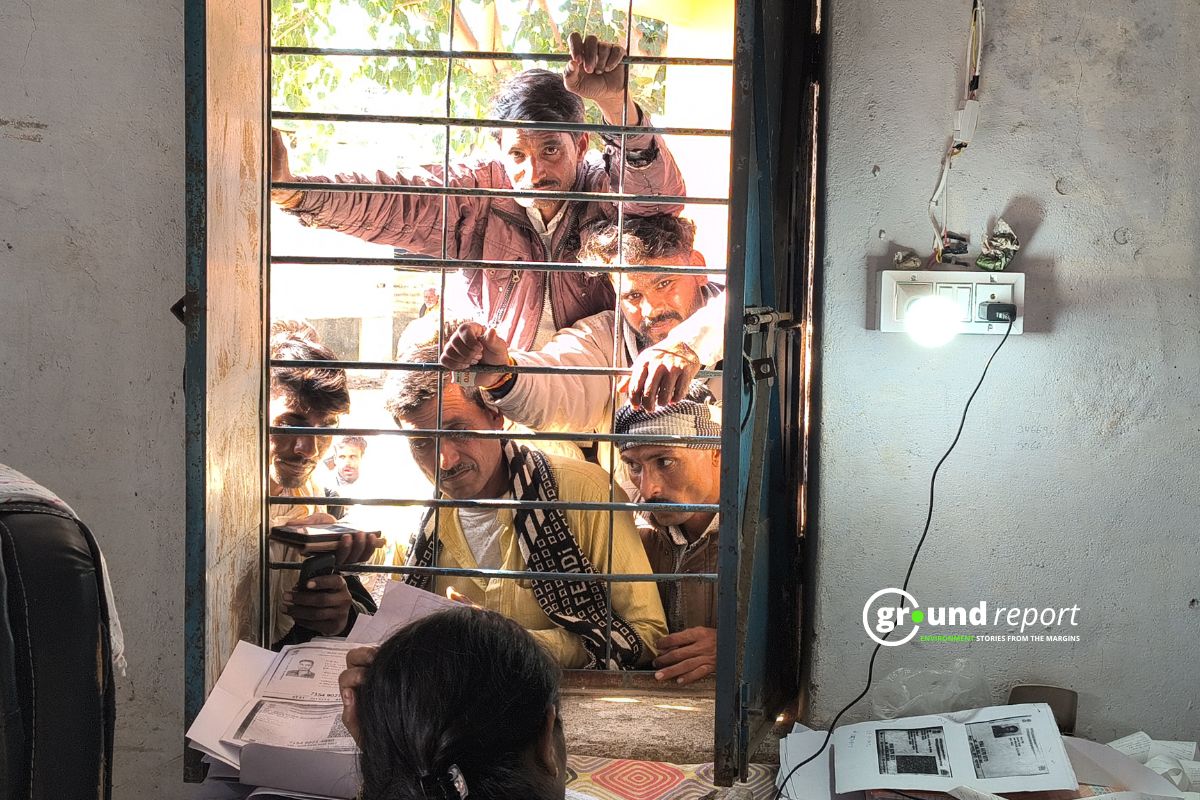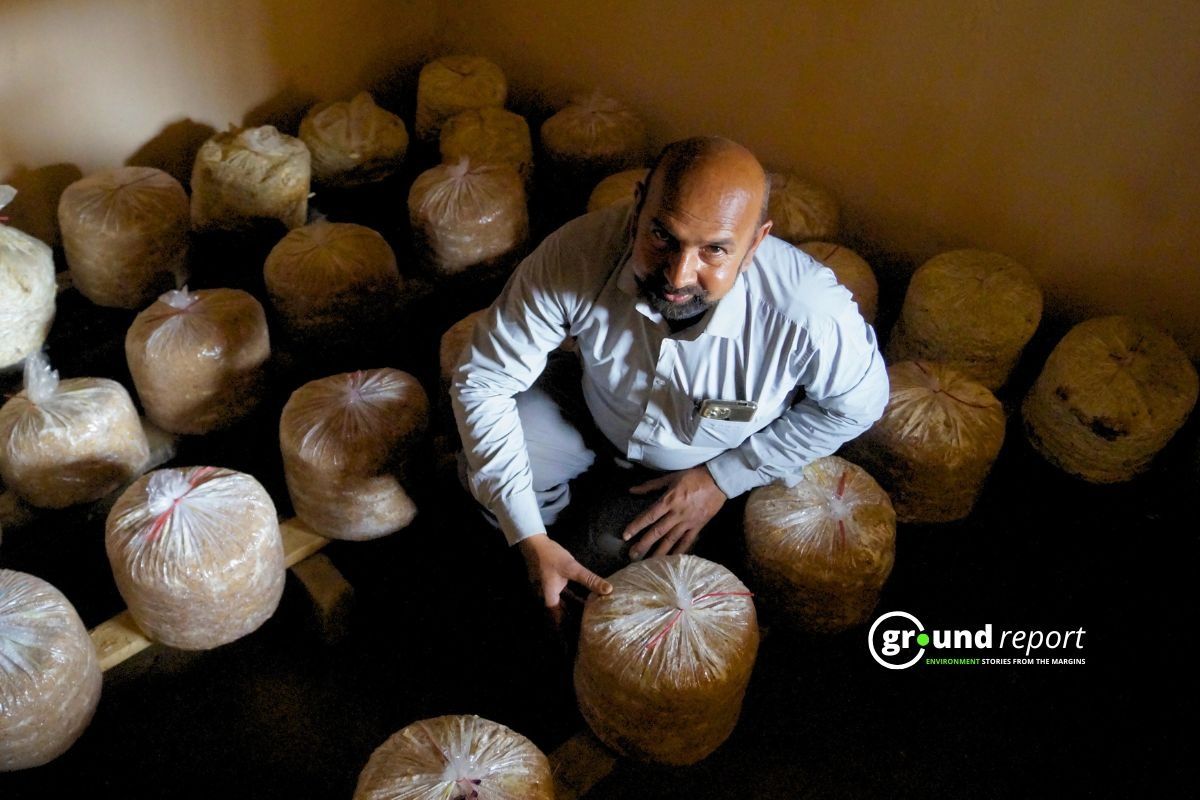New research suggests that climate change-induced alterations in weather patterns are influencing the geographical distribution of terrorist activities. Led by expert Dr. Jared Dmello from the University of Adelaide’s School of Social Sciences, an exploratory study uncovered correlations between certain climatological factors and terrorist incidents in India.
The study, published in the Journal of Applied Security Research, concentrated on terrorist activity in India between 1998-2017.
The findings of this investigation reveal that certain climatic elements such as temperature, rainfall, and altitude exert influence on terrorist activities in India. Dr. D’Mello underscored these revelations in a press release, affirming, “Temperature, rainfall, and altitude are intricately linked to the evolving patterns of terrorist activities.”
“Suitability analyses indicate that all the climatological variables tested — temperature, precipitation, and elevation — relate to shifting patterns of terrorist activity,” says Dr Dmello.
“Urban centres have increasingly grown in population density, particularly in spaces with favourable climates, and some of the more remote areas once used by extremists have experienced such increasingly dynamic climates that they are no longer fit for human habitation, forcing these groups to migrate elsewhere.”
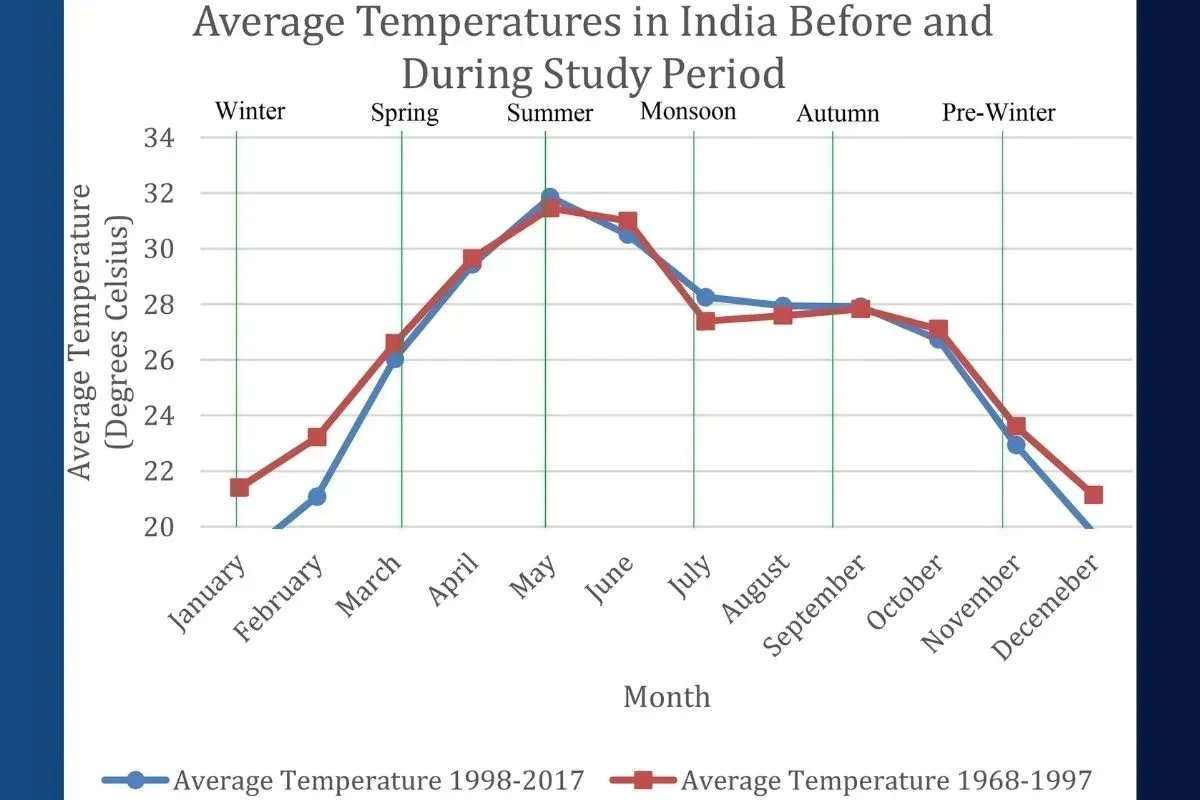
Terrorist incidents repeat in north, east
The relocation of terrorist activity to new areas wasn’t solely driven by the intensity of these climatological variables; it also exhibited seasonal patterns.
“This research shows that stopping the damaging effects of climate change is not just an environmental issue but one that is directly tied to national security and defence,” says Dr Dmello, who was recently announced as the inaugural recipient of the Early Career Award from the Academy of Criminal Justice Sciences’ Security and Crime Prevention Section.
The research indicates that terrorists’ movement to new areas was not just influenced by the intensity of climate-related changes but also followed seasonal patterns. Dr. D’Mello emphasizes, “Addressing the escalating ramifications of climate change isn’t merely an environmental concern; it directly intersects with national security.”
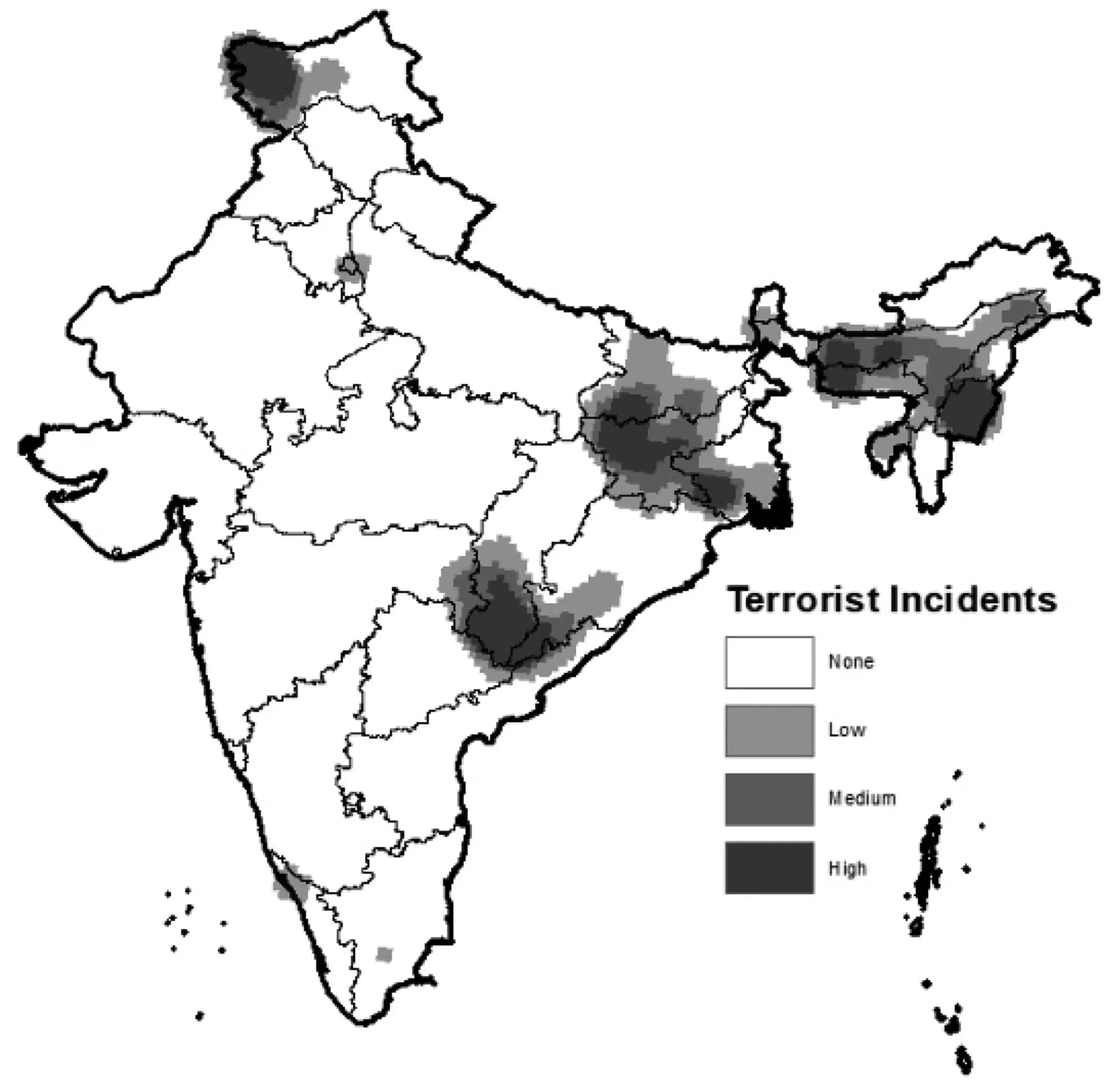
Notably, this study focused on terrorist activities in India between 1998 and 2017. During this timeframe, the Global Terrorism Database documented 9,096 incidents of terrorist attacks in India. Dr. D’Mello highlights that over these 20 years, India’s average temperature has also surged to unprecedented levels.
“In this study, we focus on attack location, but the data also suggests other forms of extremist behaviour, such as training location, are likely shifting in response to climate change as well.”
“Average temperatures in India reached record highs during our 20-year study period,” said Dr Dmello.
“This time frame represents a broad enough range to demonstrate climate change, while also availing of the most recent reliable data that covers both the climate change and extremism dimensions for the country.”
Certain Indian regions faced terrorism
During the examined period, certain regions of India experienced recurrent terrorist violence, primarily concentrated in the northern and eastern parts of the country. States identified as terrorism hotspots during this timeframe include Jammu and Kashmir, Jharkhand, Bihar, West Bengal, Assam, Meghalaya, Manipur, Tripura, Chhattisgarh, Odisha, Maharashtra, Tamil Nadu, Karnataka, Telangana, Andhra Pradesh, Haryana, Punjab, Delhi, and Kerala.
This emerging comprehension of the impact of climate change on terrorism patterns holds significant implications for governments worldwide, including Australia’s, guiding national security and defense strategies.
“Though terrorism and violent extremism manifest differently in Australia, with considerably fewer attacks compared to India, radicalization remains a pressing concern here, one that the Australian Government has identified as a top national priority,” explains Dr. Dmello.
“To adequately counter-radicalization, addressing other crucial issues such as homelessness, food insecurity, water and energy crises, and promoting social equity are imperative for fostering a more secure environment for everyone.”
While this study primarily examined the geographical distribution of terrorist activities, researchers suggest that climate change also influences ancillary aspects like training locations. Understanding the impact of climate change on global terrorism patterns, including in India, becomes crucial for shaping national security strategies for governments worldwide.
Keep Reading
Part 1: Cloudburst in Ganderbal’s Padabal village & unfulfilled promises
India braces for intense 2024 monsoon amid recent deadly weather trends
Support us to keep independent environmental journalism alive in India.
Follow Ground Report on X, Instagram and Facebook for environmental and underreported stories from the margins. Give us feedback on our email id greport2018@gmail.com.
Don’t forget to Subscribe to our weekly newsletter, Join our community on WhatsApp, and Follow our YouTube Channel for video stories.


